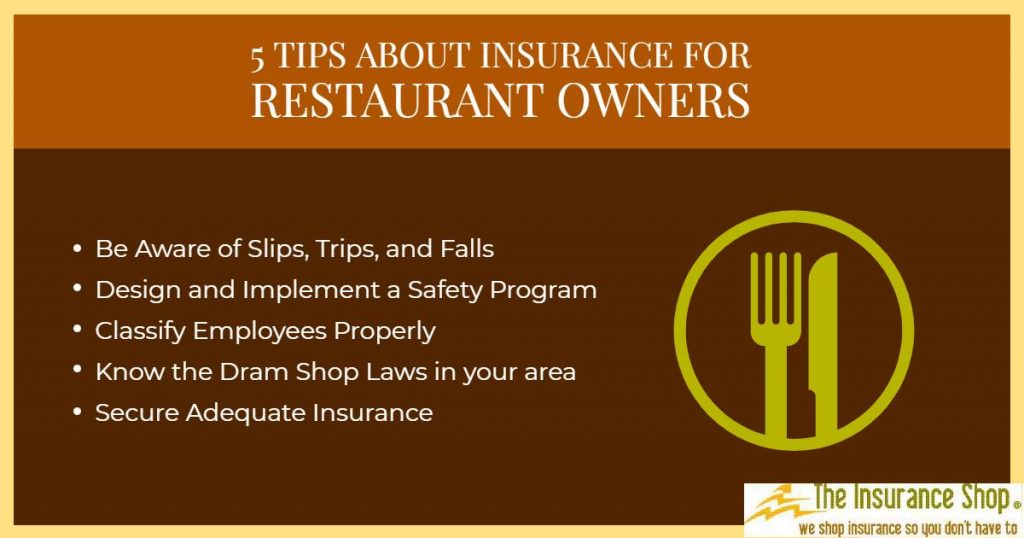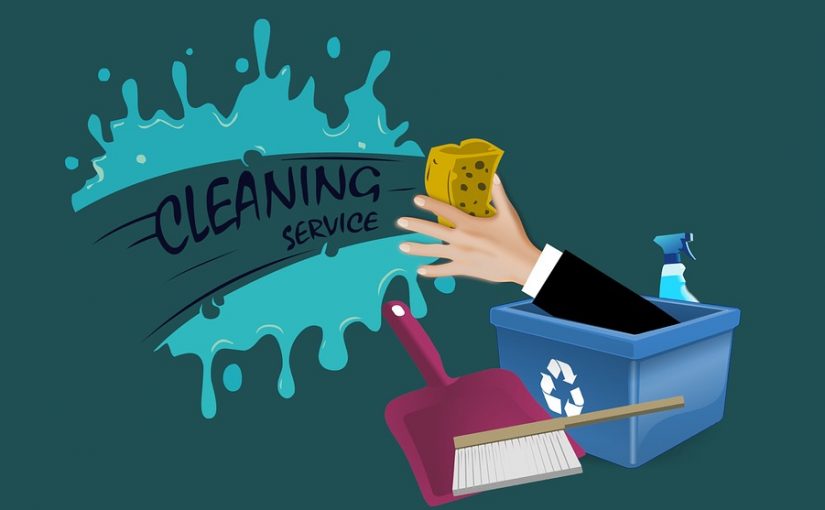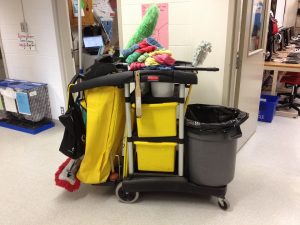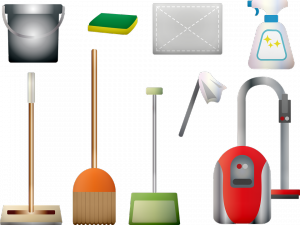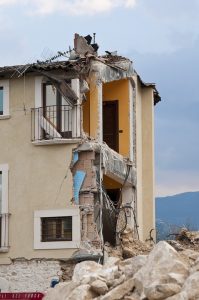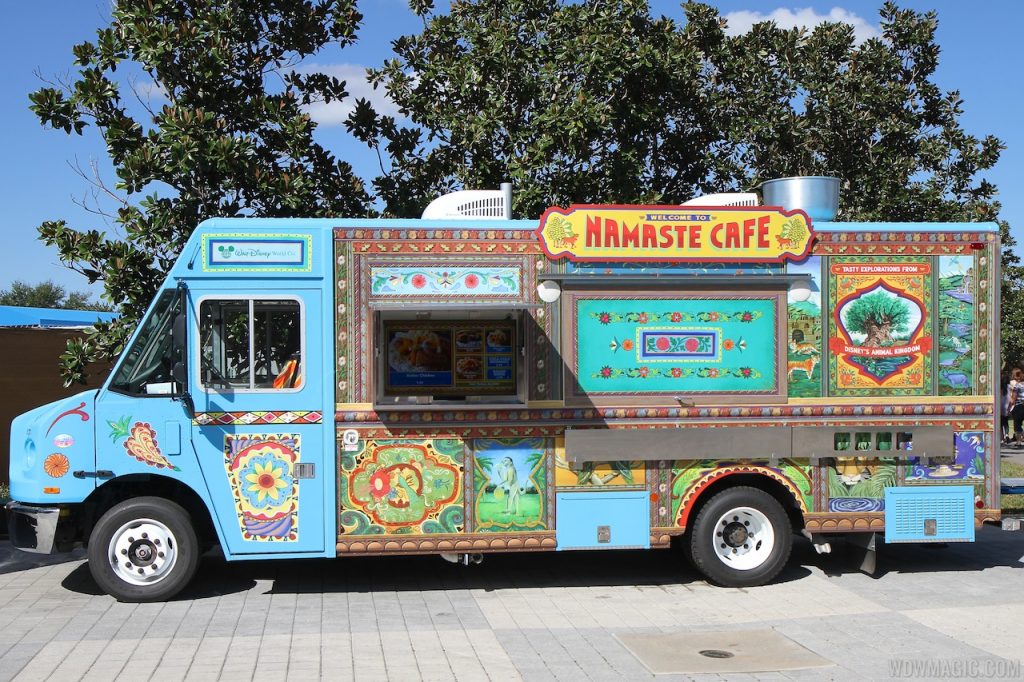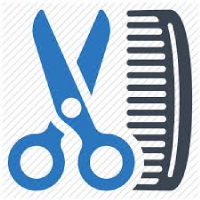3 tips to find the best Restaurant Insurance.
How much insurance do I really need? What are the correct types of insurance for my restaurant? What types of restaurant insurance can I do without? What is the bare minimum I can get away with for restaurant insurance? These are all very common question that insurance agents get asked when a restaurant owner is looking to protect their business for the first time or a seasoned business owner is looking to renew their coverage. The answer to this question is like many things; ‘It depends’. There are many variables that go in to owning and operating a restaurant and those variables bring on many risks. Not every business owner is comfortable with the same amount of risk. Depending upon how much risk you are willing to take, here are 3 tips to help you make sure you are purchasing the amount restaurant insurance.
Are you classified correctly?
First off, the small business owner needs to make sure their business is classified properly. This applies for both workers compensation and general liability insurance. Each state has their own governing body for these coverages. The best way to determine if you are properly classified is to ask for help from an experienced independent insurance agent. When talking with your agent, it is crucially important to be honest with them. This is important for the time you are open, how much and what types of alcohol you serve and what exactly your employees do. Restaurants are classified different based upon the risks they face. Being properly classified can save your business immensely.
Pay as you go option
Workers comp coverage is required by state law in 48 out of 50 states. getting this coverage in place is an enormous cost. Pay as you go workers’ compensation is s a great option for seasonal or cash strapped businesses. Pay as you go workers’ compensation allows a business to pay premium based upon the amount of payroll as opposed to an estimate of the monthly payroll. For many businesses they can get coverage in place for as little as a few hundred dollars.
Determine the proper type of Commercial Auto Insurance
Many business owners do not think they need any type of commercial auto insurance. Just because your business does not own vehicles, doe snot mean you do not need to secure some form of commercial auto insurance. If you do own vehicles that are going to be used for business purposes you most definitely need commercial auto insurance coverage. Also, if you have employees who use their own vehicles for business purposes than the business is liable for all accidents. Hired and Non-Owned Auto Coverage is a policy that kicks in when your employees use their own vehicle or a rented vehicle not owned by the company. Regardless of how small the activity may seem, when the employee is using any vehicle to do business activity you are liable.
